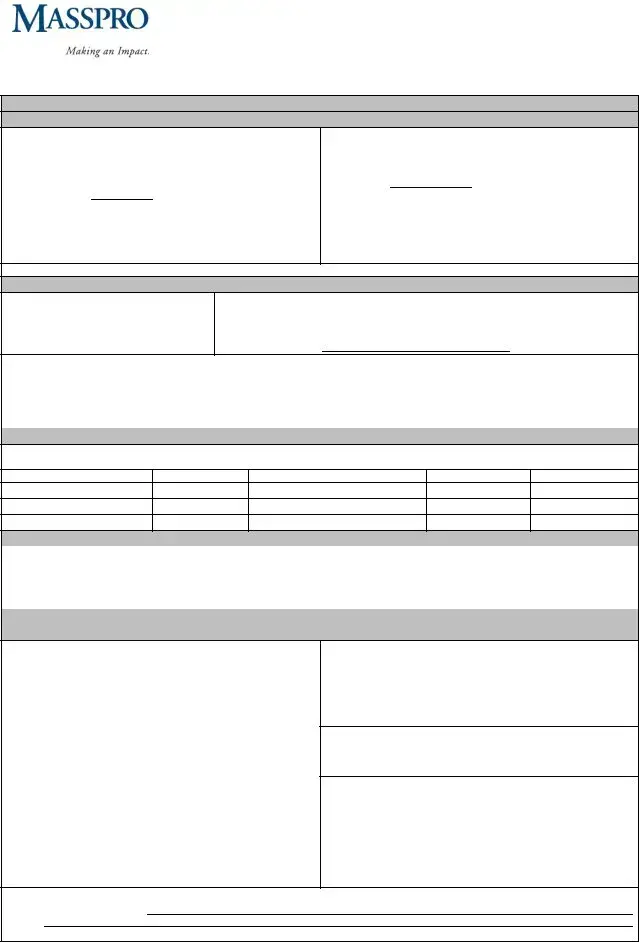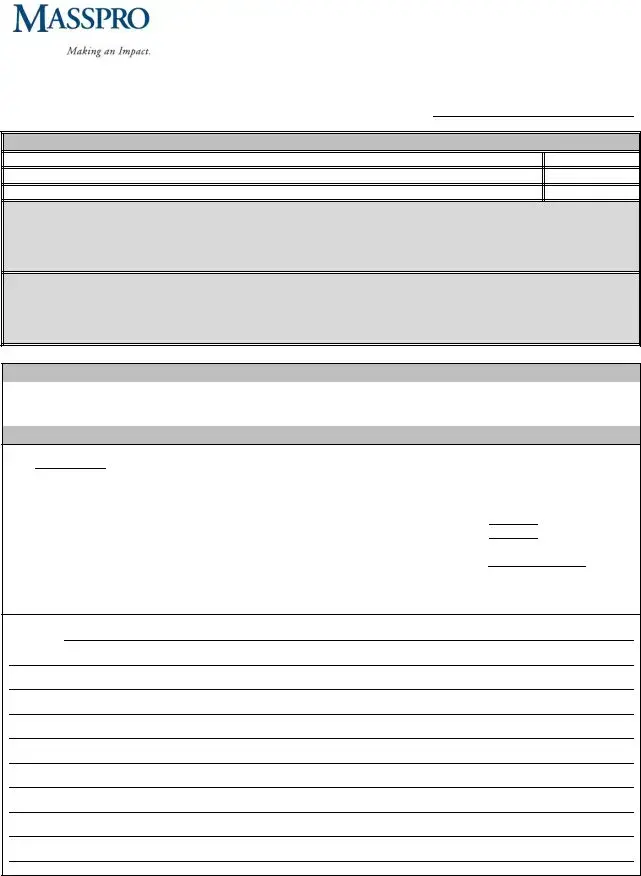What is the purpose of the Colorado Post Admission Level 1 PASRR form?
The Colorado Post Admission Level 1 Pre-Admission Screening and Resident Review (PASRR) form is designed to assess whether individuals seeking admission to nursing facilities have mental illness, developmental disabilities, or related conditions. Its goal is to ensure that these individuals receive the appropriate level of care in the most fitting setting, whether that's a nursing facility or an alternative care environment that can meet their needs more effectively.
Who needs to complete the Colorado Level 1 PASRR form?
This form must be completed for individuals applying for admission to a nursing facility in Colorado, especially those who have a known or suspected serious mental illness (SMI), developmental disability (DD), or related conditions. This includes those transferring from hospitals, other nursing facilities, or coming from the community.
What happens if the Level 1 PASRR indicates a need for further evaluation?
If the Level 1 PASRR screening suggests that the individual has a mental illness, developmental disability, or related condition, a more comprehensive Level 2 PASRR evaluation will be required. This in-depth assessment determines the specific service and care needs of the individual, evaluating if those needs can be met in a nursing facility or if alternative community-based services are more appropriate.
What should be done if an individual does not have major mental illness or developmental disabilities?
If the Level 1 PASRR form indicates that the individual does not have major mental illness or developmental disabilities, and no further screening is required, the individual can be admitted to the nursing facility without a Level 2 evaluation. However, the facility must still meet the resident's needs and comply with federal and state regulations.
How is the information from the Level 1 PASRR used?
Information collected through the Level 1 PASRR screening is used to make informed decisions about the most appropriate and least restrictive setting for the individual's long-term care. It ensures that persons with mental illness or developmental disabilities are not inappropriately placed in nursing facilities when their needs could be better served elsewhere.
What is included in the Mental Illness (MI) and Mental Retardation/Developmental Disabilities (MR/DD) sections?
The Mental Illness section assesses the presence of major mental illnesses, while the Mental Retardation/Developmental Disabilities section evaluates cognitive or behavioral impairments. Both sections are crucial to understanding the individual's condition and determining the necessity for specialized services or adaptations.
What happens after the Level 1 PASRR screening is submitted to Masspro?
After submission, Masspro reviews the Level 1 PASRR form to verify if the screening was accurately completed and if further evaluation with a Level 2 screening is needed. Masspro will then provide directives on the next steps, which may include proceeding to admit the individual to the nursing facility or conducting a Level 2 evaluation.
Is the individual or their guardian informed about the results of the Level 1 PASRR screening?
Yes, a copy of the completed Level 1 PASRR form, along with information about the determined need for further screening (if any), must be provided to the individual and, if applicable, their guardian. This ensures transparency and allows for informed decisions about care and placement.
Who can perform the Level 1 PASRR screening?
The Level 1 PASRR screening is typically completed by health care professionals who are involved in the admission process to nursing facilities. This may include social workers, nurses, or other designated staff members trained in the PASRR process.
How often must the PASRR evaluation be reviewed?
The need for a PASRR re-evaluation depends on changes in the individual’s condition or if there is a significant change in the level of care required. Regular reviews are also necessary to ensure that the resident's placement continues to be appropriate and that they are receiving all necessary services to meet their needs.


